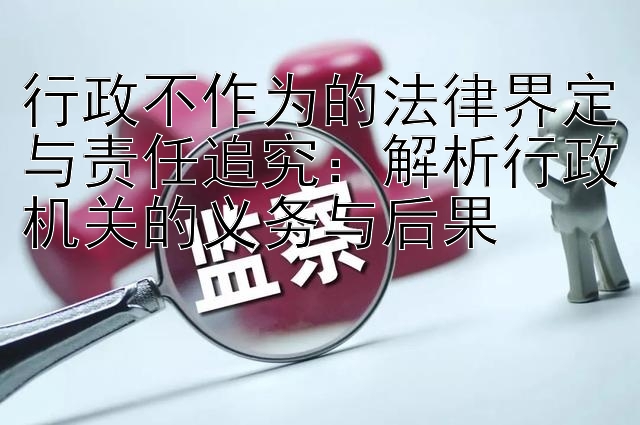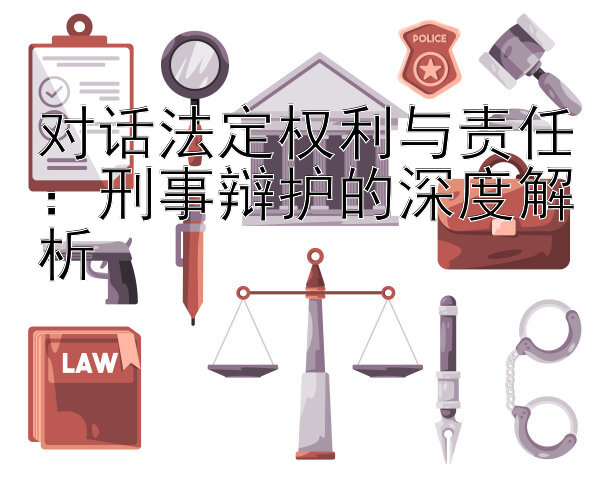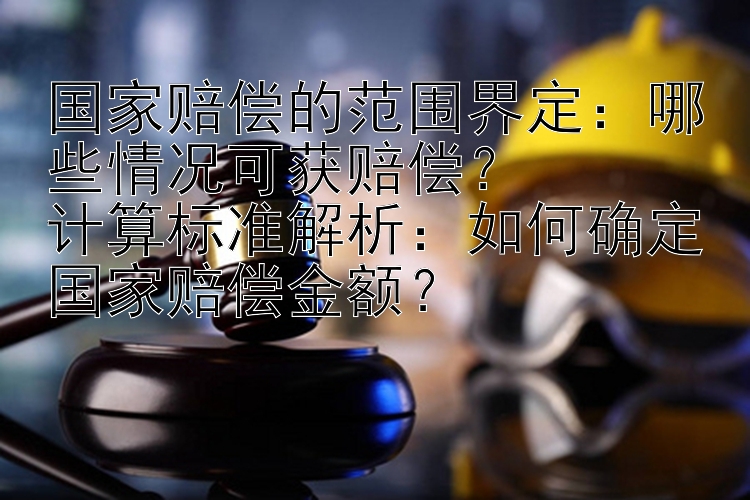AI Co-authorship: Navigating Copyright Clauses in the Era of Digital Creativity
The advent of artificial intelligence (AI) has revolutionized various industries, including content creation. With tools capable of generating unique and complex works such as novels, music compositions, or visual art, questions about copyright ownership have arisen. This article explores the legal framework for determining authorship and ownership when an AI contributes to a creative work, focusing on relevant case law and potential future implications for digital creativity.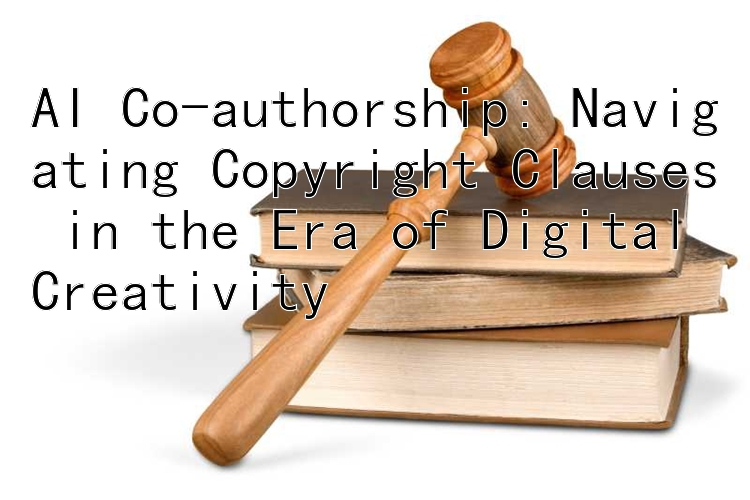
The Basics of Copyright Law
Under U.S. copyright law, 17 U.S.C. § 102(a) states that "original works of authorship" are eligible for copyright protection. These include literary, musical, dramatic, artistic, and other intellectual works. To qualify as original, the work must be independently created by the author and possess at least some minimal degree of creativity. However, current statutes do not explicitly address whether non-human entities can claim authorship rights.
Case Studies Involving AI Contributions
A Recent Example: Dr. Stephen Thaler's Application
In late 2020, Dr. Stephen Thaler filed a patent application with the United States Patent and Trademark Office (USPTO) seeking a copyright registration for a piece of artwork titled 'A Recent Entrance Into Paradise' generated by his AI system, Creativity Machine. The USPTO denied the request due to the lack of human authorship. This decision was based on the longstanding principle that only humans can be considered authors under copyright law.
The Future of AI Authorship Cases
As AI technology advances and becomes more integrated into creative processes, there is likely to be an increase in litigation regarding co-authorship between humans and machines. For instance, if an artist uses an AI program to generate elements of their work, who owns the copyright—the programmer, the user, or both? Or what if an AI creates a novel from scratch without any significant input from a human? Would it still qualify as an original work of authorship?
Potential Solutions and Legal Implications
Assigning Ownership Rights Through Contracts
One approach to addressing these issues might involve contractual agreements between creators/users of AI systems and the developers/owners of those systems. Such contracts could stipulate how copyright will be shared or transferred depending on the extent of each party's contribution to the final product. This would require careful drafting to ensure fairness and compliance with existing laws.
Amending Existing Statutes or Creating New Ones
Another solution may necessitate legislative action. Some argue for amending current copyright statutes to recognize AI as possible co-creators or even sole creators in certain circumstances. Alternatively, new legislation could be drafted specifically tailored towards regulating AI contributions within copyrighted material. Any changes made should strike a balance between promoting innovation while protecting traditional concepts of authorship and originality.
Ethical Considerations
Beyond purely legal considerations lie ethical ones too; granting AI systems full recognition as equal partners alongside human artists raises profound philosophical questions about our society's values surrounding creativity itself – which leads us back again towards policy debates where lawmakers will need expert advice before making hasty decisions that could alter centuries-old understandings around intellectual property rights forevermore!
Conclusion
As we move deeper into an era defined by technological advancement coupled closely together with cultural evolution driven largely through digitally enabled expressionism - so too does necessity dictate adaptation amongst regulatory frameworks designed originally well prior arrival point reached today – thus ensuring continued growth whilst safeguarding interests all stakeholders involved regardless form life takes moving forward regardless whether biological entity responsible outcome achieved otherwise deemed impossible mere decades ago thanks solely advancements benefiting humanity overall despite occasional bumps encountered along journey traveled en route reaching ultimate destination yet unknown exactly but certainly exciting nonetheless given possibilities opened up just waiting discovery next generation dreamers ready take reins steer course ahead boldly knowing uncharted waters navigated best prepared minds equipped finest tools available them turn visions reality once thought merely fantasies few dare entertain openly public spaces until recently now commonplace conversation held openly freely across vast reaches cyberspace connecting billions worldwide sharing ideas dreams hopes fears collectively shaping tomorrow's world today.
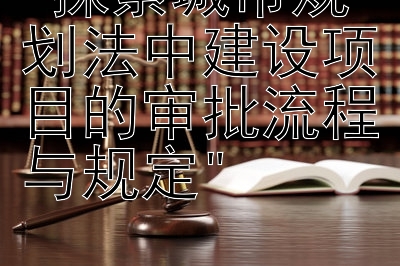 探索城市规划法中建设项目的审批流程与规定
城市规划法中的建设项目审批流程与规定是确保城市建设合理性和可持续性的重要环节。以下是对这一主题的法律知识分析:一、项目立项阶段1. 项目建议书(Project Proposal): 根据《城市规划法》
建设项目
审批流程
城市规划法
探索城市规划法中建设项目的审批流程与规定
城市规划法中的建设项目审批流程与规定是确保城市建设合理性和可持续性的重要环节。以下是对这一主题的法律知识分析:一、项目立项阶段1. 项目建议书(Project Proposal): 根据《城市规划法》
建设项目
审批流程
城市规划法
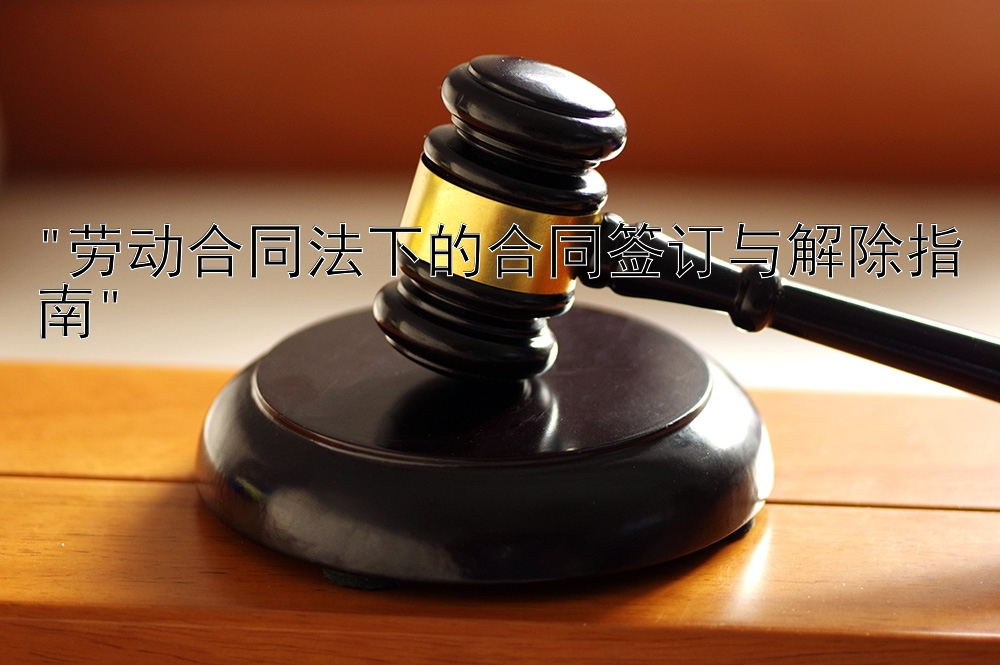 劳动合同法下的合同签订与解除指南
《中华人民共和国劳动合同法》下之合同签订与解除指南一、合同的订立原则根据《中华人民共和国劳动合同法》(以下简称“劳动法”)第三条的规定,订立劳动合同应当遵循合法、公平、平等自愿、协商一致、诚实信用的原
劳动合同法
合同签订
合同解除
劳动合同法下的合同签订与解除指南
《中华人民共和国劳动合同法》下之合同签订与解除指南一、合同的订立原则根据《中华人民共和国劳动合同法》(以下简称“劳动法”)第三条的规定,订立劳动合同应当遵循合法、公平、平等自愿、协商一致、诚实信用的原
劳动合同法
合同签订
合同解除
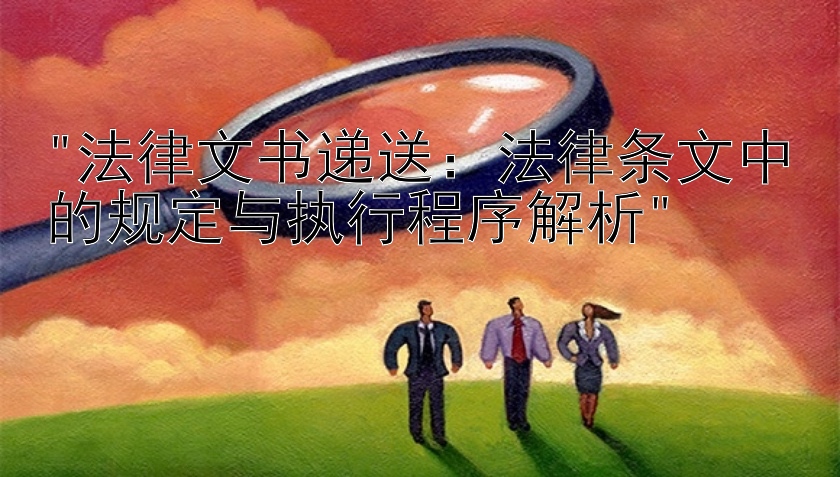 法律文书递送:法律条文中的规定与执行程序解析
法律文书的送达是整个司法过程中的重要一环,它直接关系到当事人的权益和诉讼程序的公正性。在不同的国家和地区,法律文书的送达方式、时限以及法律效力可能有所不同,但一般来说,其核心原则都是确保当事人有足够的
法律文书
法律条文解析
执行程序
法律文书递送:法律条文中的规定与执行程序解析
法律文书的送达是整个司法过程中的重要一环,它直接关系到当事人的权益和诉讼程序的公正性。在不同的国家和地区,法律文书的送达方式、时限以及法律效力可能有所不同,但一般来说,其核心原则都是确保当事人有足够的
法律文书
法律条文解析
执行程序
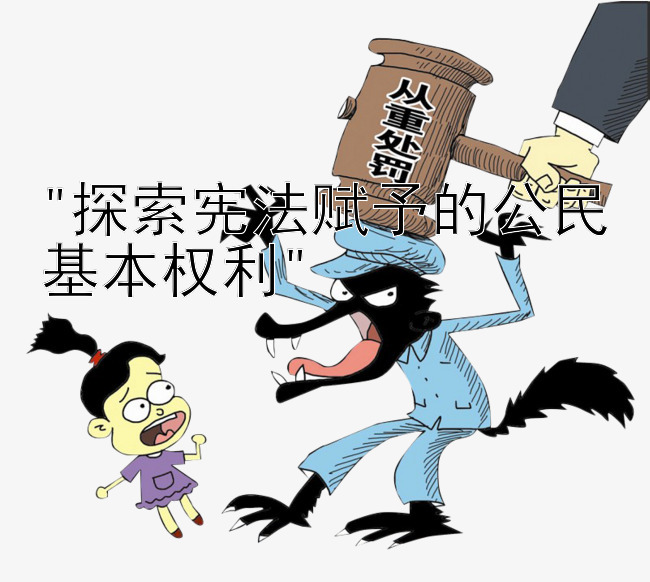 探索宪法赋予的公民基本权利
探索宪法赋予的公民基本权利一、引言《中华人民共和国宪法》是国家的根本法,它规定了国家的根本制度和根本任务,也保障着公民的基本权利。本文将探讨宪法中关于公民基本权利的规定,分析这些权利的意义和保护机制,
宪法
公民
基本权利
探索宪法赋予的公民基本权利
探索宪法赋予的公民基本权利一、引言《中华人民共和国宪法》是国家的根本法,它规定了国家的根本制度和根本任务,也保障着公民的基本权利。本文将探讨宪法中关于公民基本权利的规定,分析这些权利的意义和保护机制,
宪法
公民
基本权利
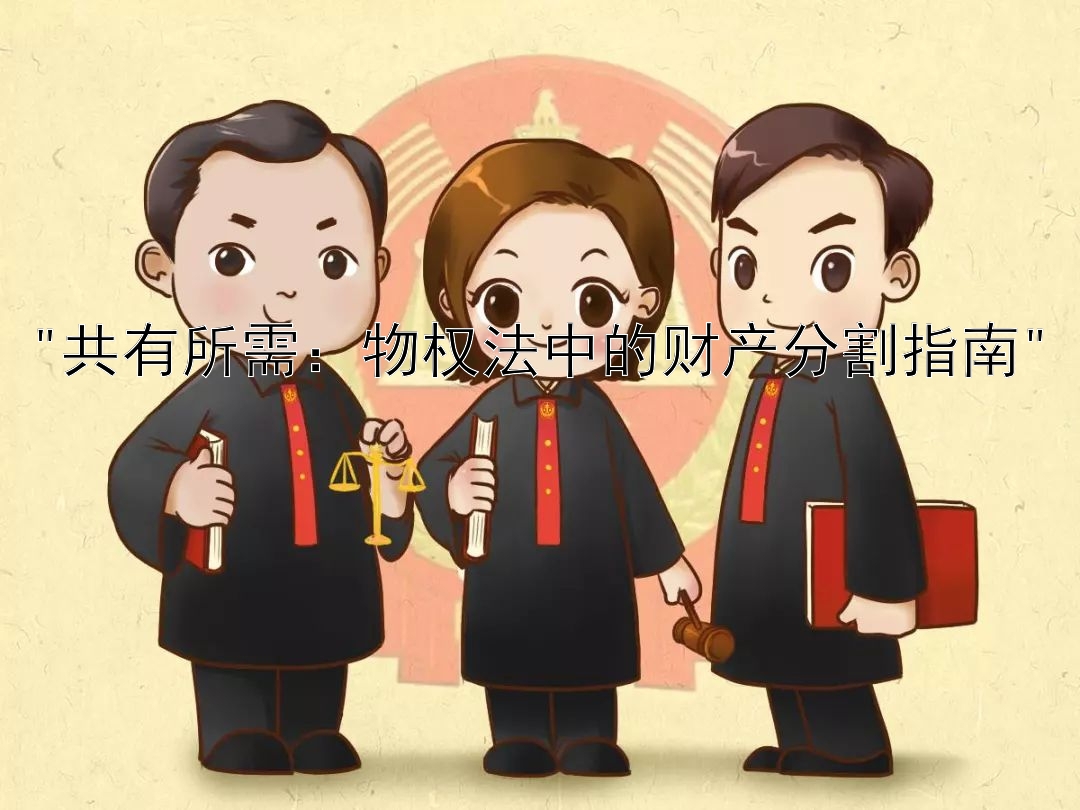 共有所需:物权法中的财产分割指南
物权法中的财产分割指南在现代社会中,财产的分配与分割是一个普遍的法律议题,尤其是在家庭、商业和继承等领域。本文将探讨如何在物权法的框架内进行有效的财产分割,并提供相应的指导和建议。一、物权法的基本原则
物权法
财产分割
指南
共有所需:物权法中的财产分割指南
物权法中的财产分割指南在现代社会中,财产的分配与分割是一个普遍的法律议题,尤其是在家庭、商业和继承等领域。本文将探讨如何在物权法的框架内进行有效的财产分割,并提供相应的指导和建议。一、物权法的基本原则
物权法
财产分割
指南
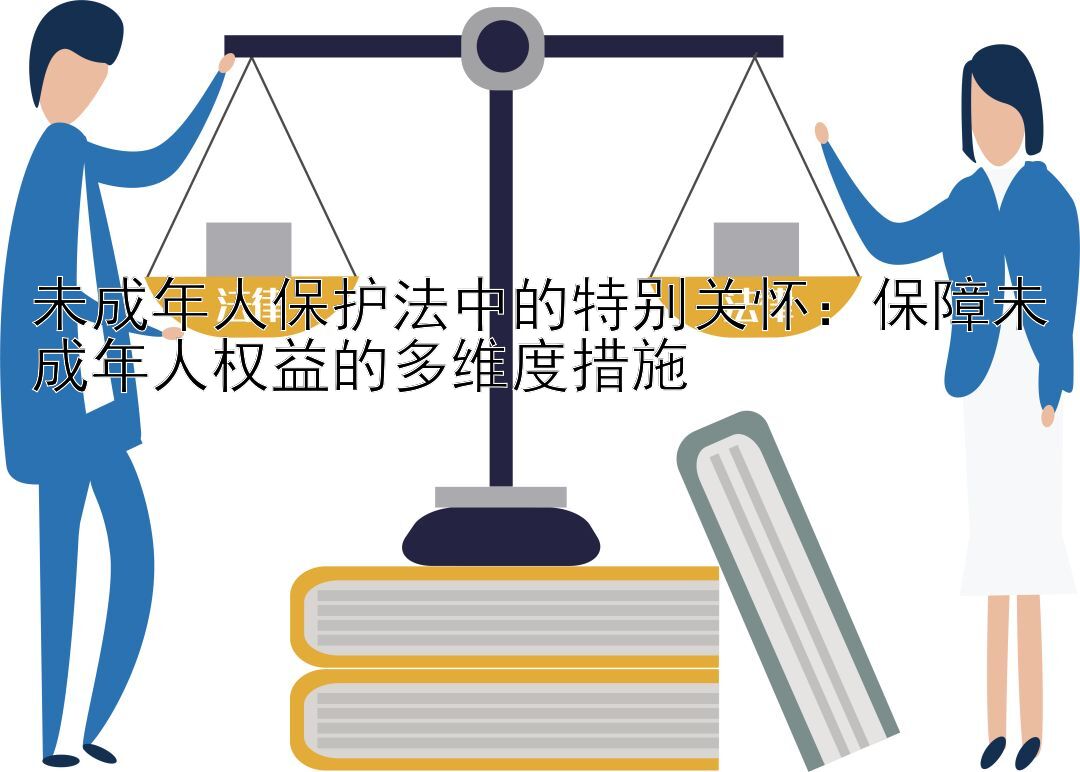 未成年人保护法中的特别关怀:保障未成年人权益的多维度措施
《中华人民共和国未成年人保护法》是一部专门为保护未成年人的身心健康、合法权益而制定的法律文件。该法自1991年颁布以来,经过多次修订和完善,目前最新版本是在2020年修订的。这部法律的实施体现了国家对
未成年人保护
特别关怀
权益保障
未成年人保护法中的特别关怀:保障未成年人权益的多维度措施
《中华人民共和国未成年人保护法》是一部专门为保护未成年人的身心健康、合法权益而制定的法律文件。该法自1991年颁布以来,经过多次修订和完善,目前最新版本是在2020年修订的。这部法律的实施体现了国家对
未成年人保护
特别关怀
权益保障
